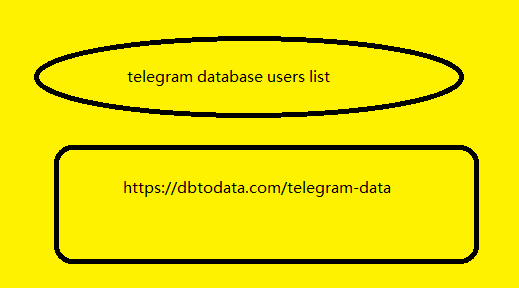Auditing the sales and collection cycle is one of the important contents in the internal control process of the enterprise. Let’s learn more about the information surrounding this issue with MISA MeInvoice in the following article.
Table of Contents Hide
1. What is sales and collection cycle audit?
2. What is the objective of auditing the sales and collection cycle?
2.1. Audit objectives of sales transactions
2.2. Audit objectives for cash collection transactions
3. Steps to audit the sales and collection cycle
Conclusion
1. What is sales and collection cycle audit?
Audit of sales and collection cycle in business
Auditing the sales and collection cycle is the process of checking the authenticity of items related to the sales and collection cycle on the financial statements of a unit, organization or enterprise.
At the same time, according to Vietnamese Auditing Standard No. 200 on the objectives of internal auditing, auditing the sales and collection cycle helps auditors and auditing companies check whether financial statements are prepared on the basis of current accounting standards and regimes, and whether they comply with the law or not.
Therefore, the general task of auditing the sales and collection cycle is to implement audit functions by applying audit methods appropriate to the characteristics of this part through the steps in the audit process.
Sales cycle audit is a part of internal audit
You can learn about internal audit in the article below.
See more: [New] What is internal audit ? Role and function of internal audit
2. What is the objective of auditing the sales and collection cycle?
Auditing the sales and collection cycle is divided into two separate operations: sales cycle audit and collection cycle audit. However, both operations belgium telegram data are performed with a common goal of ensuring overall reasonableness.
However, each transaction has its own objectives, ensuring the principles of: Validity, integrity, valuation, classification, accuracy, rights and obligations.
2.1. Audit objectives of sales transactions
– Validity: Ensuring the transfer of goods ai training and enhancing user experience and services to customers is a real activity.
– Completeness: All sales consumer data transactions are recorded in the books.
– Pricing: Goods shipped, services provided have sales invoices stating the agreed selling price.
– Classification: Sales transactions are classified properly.
– Accuracy: Sales transactions are recorded in detailed books and general ledgers, ensuring data matches and total amounts are accurate.
– Rights and obligations: Goods sold and services provided belong to the unit.
2.2. Audit objectives for cash collection transactions
– Validity: The amounts collected from customers recorded must accurately reflect the actual amount collected.







